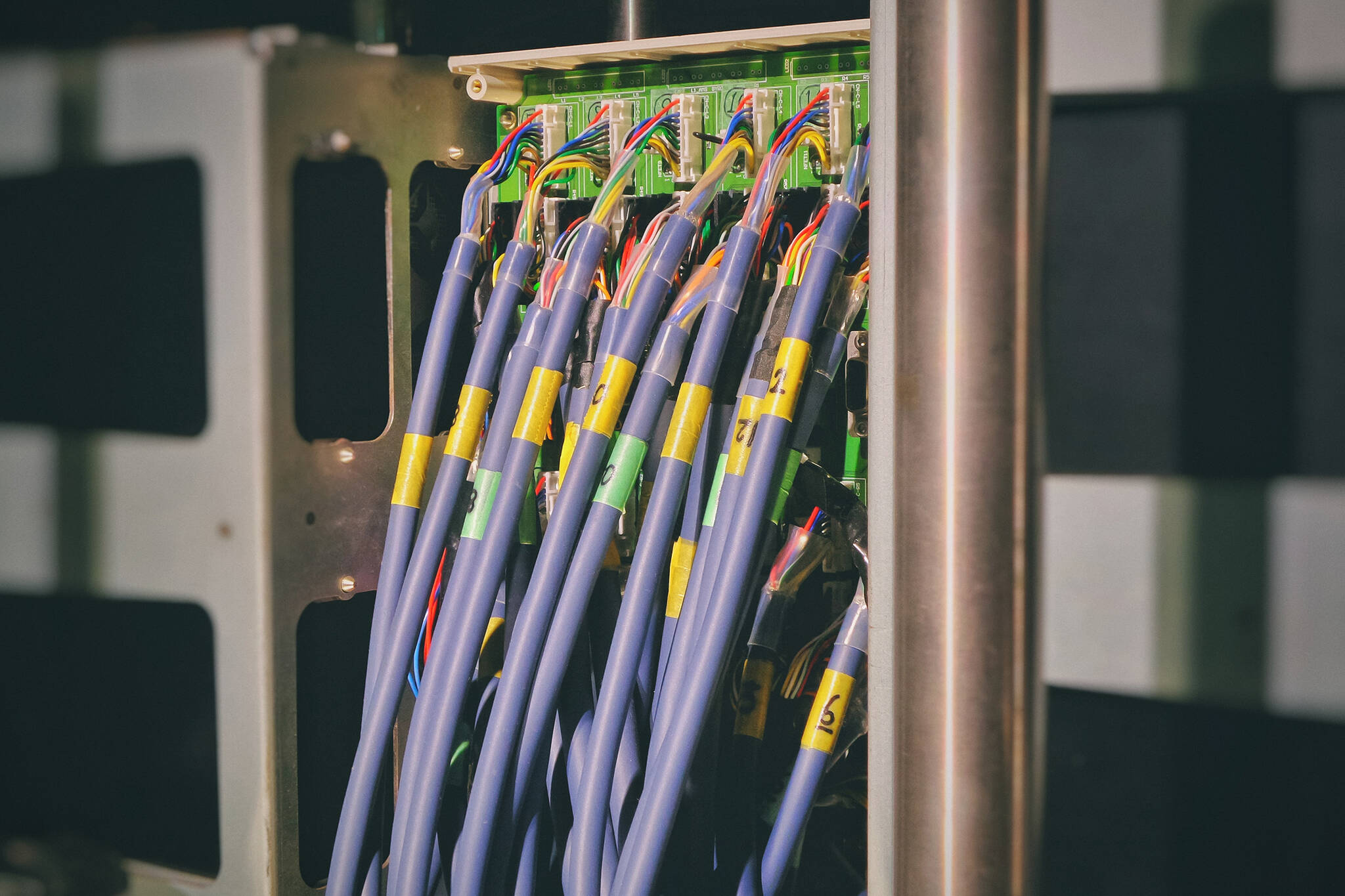By Larry Johansen
Those of us who remember the leadership role in satellite communications demonstrated by Alaska in the 1970s and ‘80s have an insight on what could be done today in the field of broadband. At that time Alaska led the country in the percentage of households that used cellphones. The technology was a natural fit for us — as is broadband.
Broadband will dissolve the divide between rural and urban and allow people in remote areas to become contributors to our state without having to leave the lands where they live. More importantly, they give weight to the places where they live, rural Alaska, and give more power to rural Alaskans.
Before the wide use of broadband, it was urban Alaskans that dominated the bureaucracy and made most of the policy that Alaska is run by. If you wanted to change policy that affected most Alaskans, one needed physically to move to Juneau, Anchorage or Fairbanks to meet as many people as possible to convince them to adopt your ideas. In today’s world of broadband and Zoom meetings, it is now practical to do that remotely. We have COVID to thank for demonstrating this fact to the world and to city-dwelling decision-makers who have become accustomed to using Zoom and meeting remotely. They have come to realize that you can affect change remotely.
In Alaska, the entire Department of Administration has gone remote and it is led by administrators who live in rural areas that had no representation before. The polices that affect the people living in remote Alaska are being made by people living in remote Alaska. Native corporations are now legally empowered to meet remotely and conduct board business from the villages from which the elders reside.
Telemedicine is employing new technologies to allow doctors to see, evaluate and treat illnesses remotely. This is not only much more economical, but also has the ability to better show urban doctors the real environmental factors that affect their patients in their homes. Currently, the requirement that medical advice be regulated by states, with state-by-state licensing boards makes no sense for Alaskans. It limits the ability of health care to reach remote needs. Even those who live in Alaska cities must go outside Alaska for advanced heath care, sometimes traveling for days just to see their doctor for an hour in the Lower 48.
Schools have been the drivers of change in the past and are leading the charge for broadband because it is the best example of measured success today. School board meetings, local governments and state governments have broadened broadband to do more than just boost viewers. Since COVID, broadband has been providing coverage to ensure the participation of its functioning members. That is — we have gone beyond just passively viewing and are using broadband to actively participate and impact the discussion. Schools have elevated the necessity of broadband.
Everywhere people are realizing that broadband is utility like electricity or running water. If you don’t have it, you are living in an impoverished place. If we who are living in these impoverished places do not demand it, urban Alaska will continue to dominate the policies and maintain the biased decision-making that is inherently against rural Alaska. Encourage your elected leaders to advocate for accessible broadband everywhere in Alaska and level the playing field. We can do it again and lead the world.
Larry Johansen is a third-generation Alaskan writer, photographer and author. He recently wrote the book “The Golden Days of Baseball, The Story of Baseball Played in Frontier Alaska and the Klondike.” He lives in Juneau. Columns, My Turns and Letters to the Editor represent the view of the author, not the view of the Juneau Empire.


